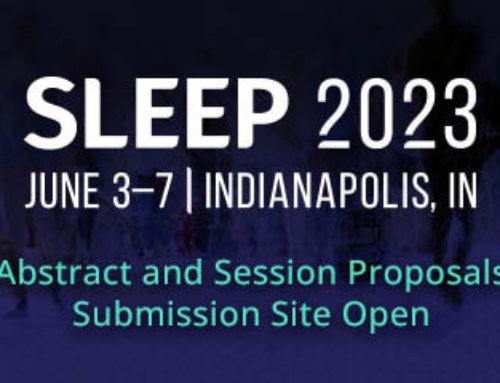WESTCHESTER, Ill. — Self-reported sleep complaints among the elderly serve as a risk factor for completed suicide, according to a research abstract that will be presented Thursday at SLEEP 2007, the 21st Annual Meeting of the Associated Professional Sleep Societies (APSS).
The study, conducted by Rebecca Bernert of Florida State University, focused on data that were collected among 14,456 community elders over a 10-year period. During this time frame, 21 individuals died by suicide. When each suicide was matched to 20 randomly-selected controls, it was discovered that disturbances in sleep, independent of depression, predicted an increased risk for eventual death by suicide.
“This suggests that, as a warning sign, poor sleep quality constitutes a significant and modifiable risk factor for completed suicide,” said Bernert. “Evaluating sleep among at-risk patients may therefore guide and importantly inform both clinical decision-making and suicide risk assessment.”
It is recommended that older adults get seven to eight hours of sleep each night for good health and optimum performance. Unfortunately, many older adults often get less sleep than they need. One reason is that they often have more trouble falling asleep.
Not sleeping well can lead to a number of problems. Older adults who have poor nighttime sleep are more likely to have a depressed mood, attention and memory problems, excessive daytime sleepiness, more nighttime falls, and use more over-the-counter or prescription sleep aids. Poor sleep is also associated with a poorer quality of life. Insomnia, the most common sleep complaint, affects almost half of adults 60 and older.
Those who think they might have a sleep disorder are encouraged to consult with their primary care physician, who will refer them to a sleep specialist.
The annual SLEEP meeting brings together an international body of 5,000 leading researchers and clinicians in the field of sleep medicine to present and discuss new findings and medical developments related to sleep and sleep disorders.
More than 1,000 research abstracts will be presented at the SLEEP meeting, a joint venture of the American Academy of Sleep Medicine and the Sleep Research Society. The four-day scientific meeting will bring to light new findings that enhance the understanding of the processes of sleep and aid the diagnosis and treatment of sleep disorders such as insomnia, narcolepsy and sleep apnea.
CONTACT:
Jim Arcuri
(708) 492-0930, ext. 9317
jarcuri@aasm.org
# # #








